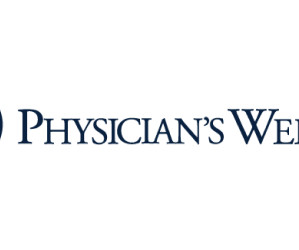Misconceptions of Employer Sponsored Direct Primary Care (DPC)
Plum Health
MAY 22, 2023
Direct Primary Care (DPC) has emerged as a viable, high-quality primary care model that liberates itself from the constraints of traditional fee-for-service (FFS) products. Thus, DPC forms a better long-term investment focused on preventive care, as opposed to only treating patients post-diagnosis.











Let's personalize your content